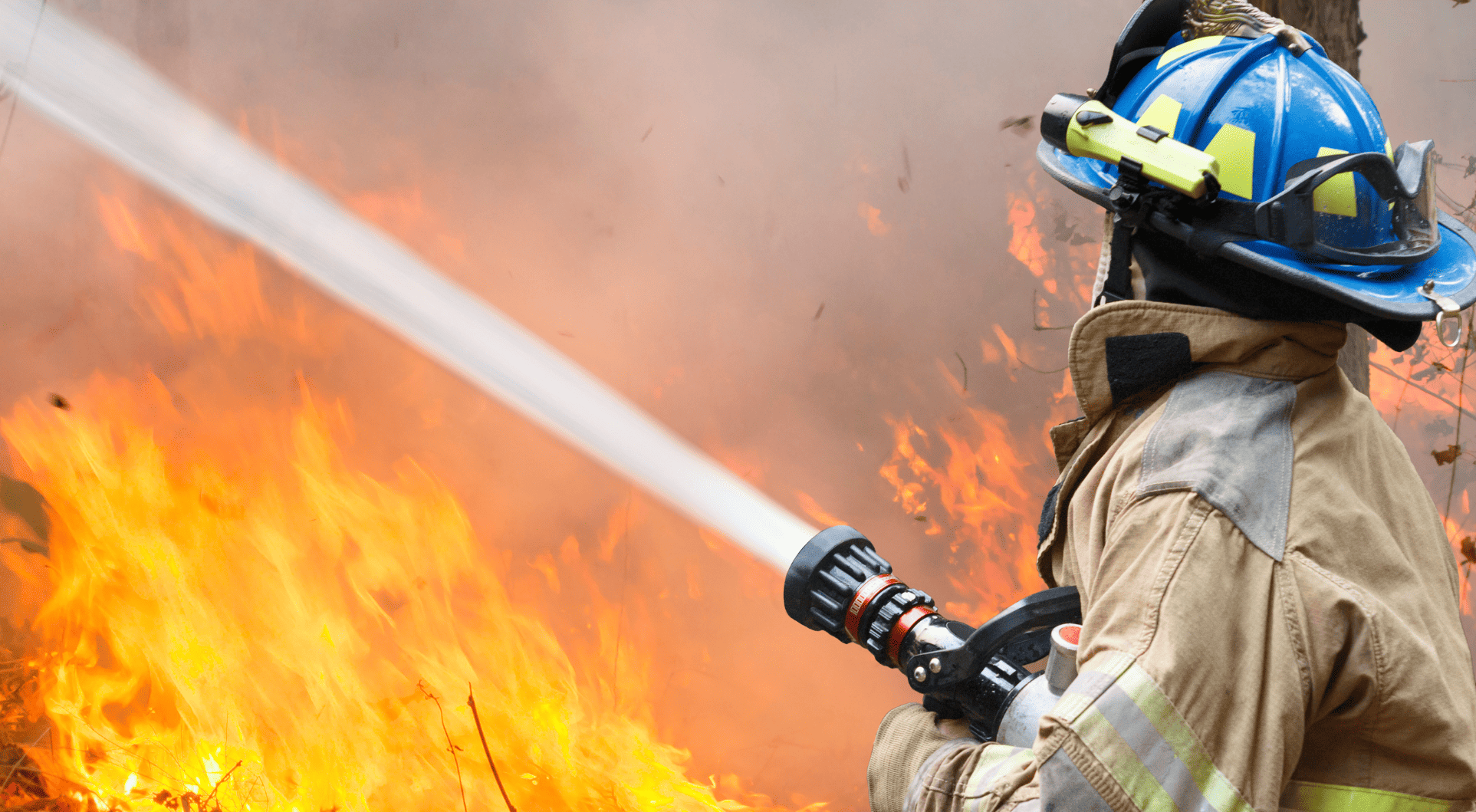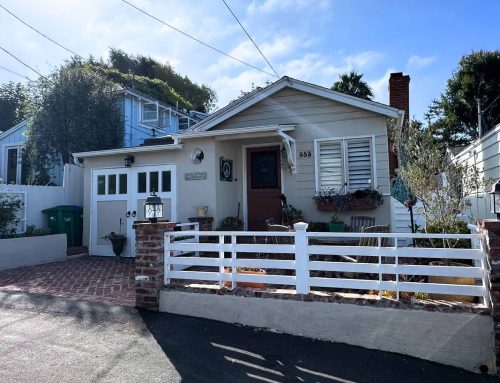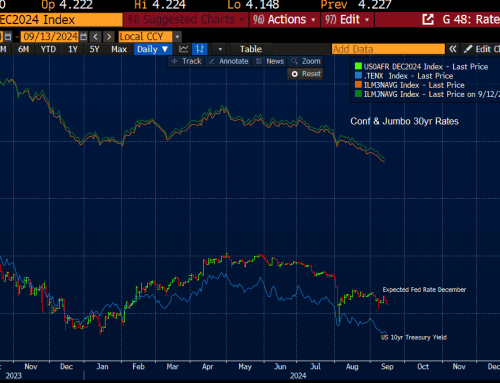In the wake of the record-breaking wildfires California has faced over recent years, securing and maintaining fire insurance has become a significant concern for homeowners. As some insurance companies retreat from issuing new policies or hike premiums for existing customers, it’s crucial to arm yourself with knowledge and strategies to protect your home and finances. Here’s how you can maintain your current plan or find necessary coverage amidst these challenges.
Know Your Rights!
First and foremost, understand your rights. California law requires insurance companies to notify you in writing at least 45 days before your policy’s expiration if they do not intend to renew it. Missed that notice? Reach out to the California Department of Insurance (DOI) immediately at 1-800-927-HELP or visit their website at www.insurance.ca.gov. Additionally, if your home was lost in a declared disaster, specific laws might guarantee your policy’s renewal.
Immediate Action is Key
Upon receiving a notice about a rate increase or non-renewal, contact your insurance company without delay. There may be steps you can take to mitigate their decision, such as implementing fire-hardening measures. Proactivity is your best defense.
Insurance Shopping: Compare and Contrast
Navigating insurance options can be daunting. Utilize the DOI’s tools to find and compare insurance agents and brokers, ensuring you’re aware of both the types of coverage and limits available. Remember, admitted insurance companies provide an extra layer of protection through the California Insurance Guarantee Association (CIGA) – a crucial factor in choosing your insurer.
Don’t Underestimate Your Coverage Needs
Underinsurance is a common pitfall. Ensure your policy covers the actual cost of rebuilding your home to current building codes, opting for replacement cost value over the depreciated, actual cash value. This decision can significantly impact your financial security following a disaster.
Exploring Surplus Lines
When traditional options are exhausted, surplus lines insurance might be your solution. While they lack CIGA protection, these “non-admitted” carriers offer flexible policies that could meet your needs. Always research their financial stability through credible sources like A.M. Best.
The California FAIR Plan: A Last Resort
If all else fails, the California FAIR Plan provides a safety net for fire and smoke damage, though it’s typically more costly and limited in coverage. Supplementing this with Differences in Conditions (DIC) insurance is essential to cover theft, liability, and other perils.
This guide aims to empower you with the knowledge and tools to secure the right fire insurance coverage. Remember, in the face of adversity, being informed and proactive can make all the difference. For more personalized advice or to explore off-market opportunities that might suit your needs better, don’t hesitate to call me. Your safety and peace of mind are my top priorities.







